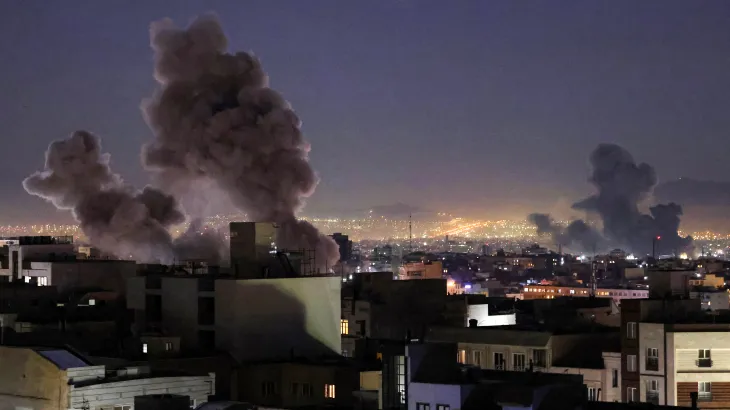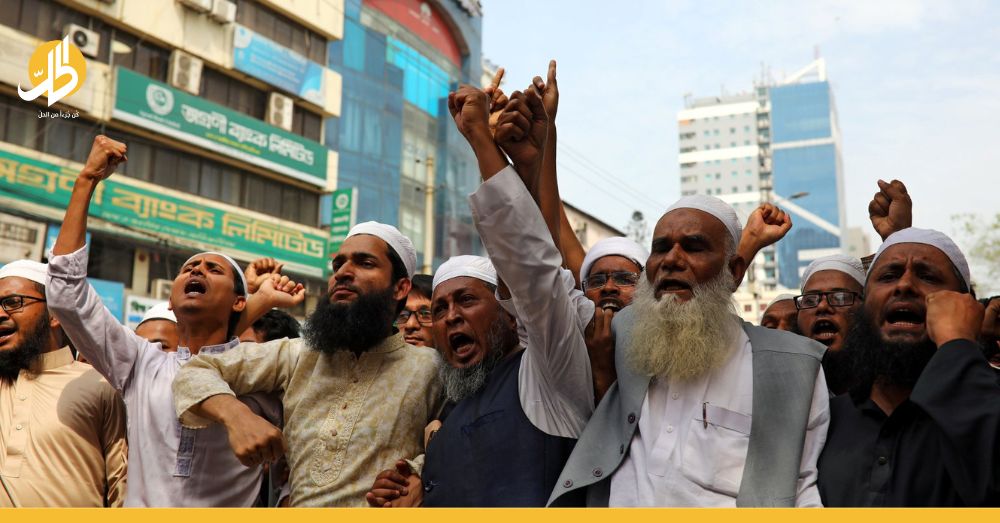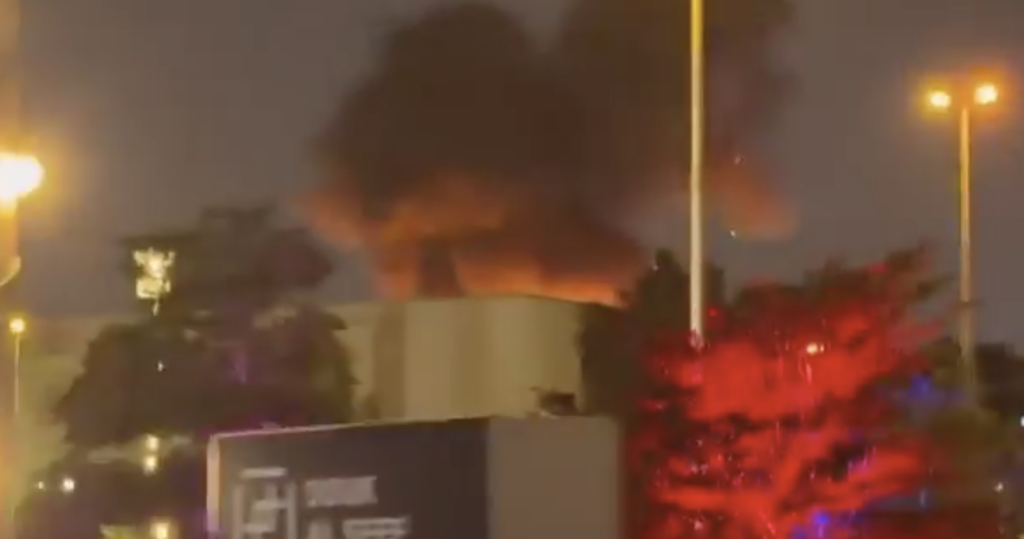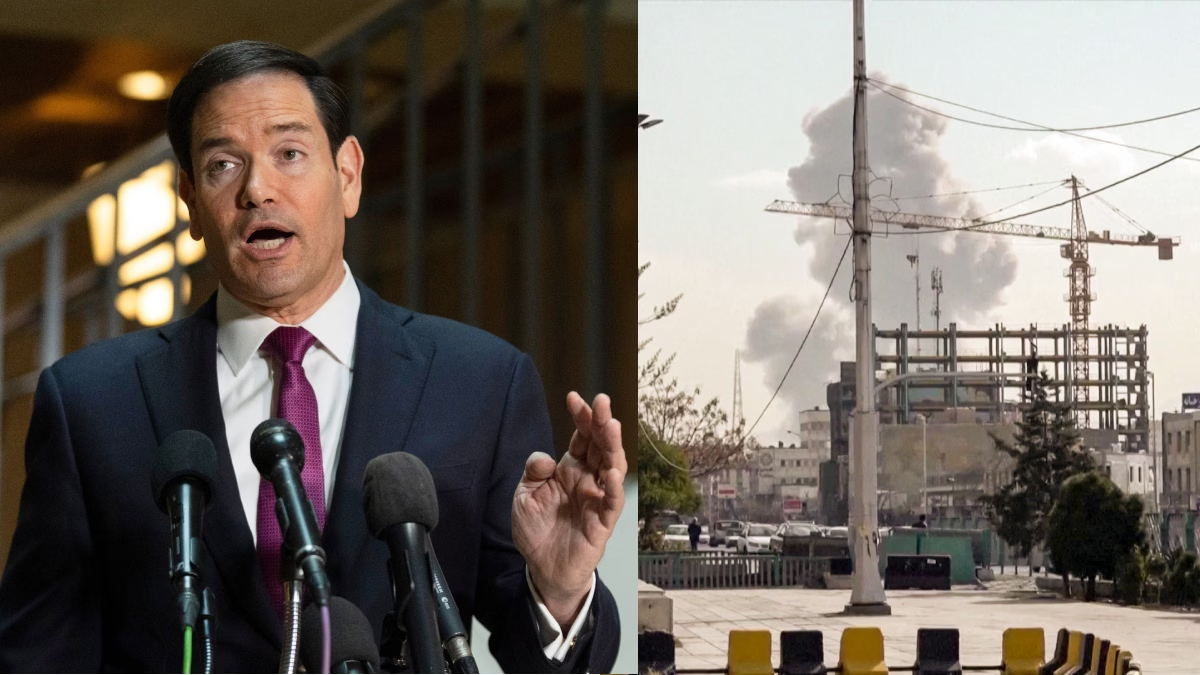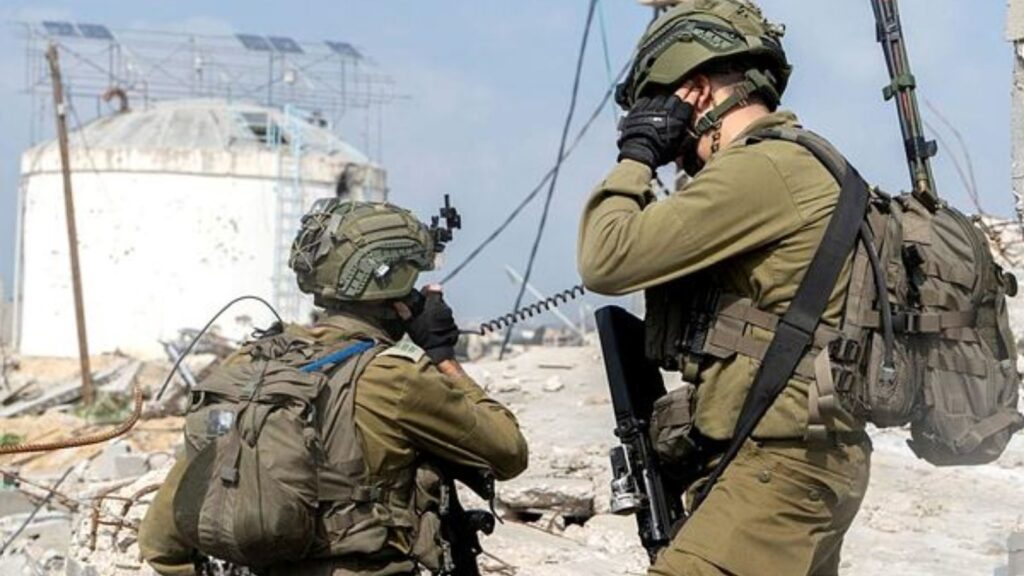
A delegation from Hamas departed Cairo on Thursday, but the group stated that discussions on a Gaza ceasefire would persist until an agreement is reached with Israel. The Hamas statement mentioned ongoing negotiations and efforts to halt aggression, repatriate displaced individuals, and provide relief aid to their people.
Senior Hamas official Sami Abu Zuhri blamed Israel for hindering the progress in the ceasefire talks mediated by Qatar and Egypt during four days of negotiations in Cairo. Abu Zuhri claimed that Israel was obstructing the deal by rejecting Hamas’s demands, which include ending its offensive, withdrawing forces, and ensuring the free entry of aid and the return of displaced people.
Israel has not immediately responded to these accusations. Negotiators from Hamas, Qatar, and Egypt, excluding Israel, attempted to secure a 40-day ceasefire ahead of the upcoming Muslim fasting month of Ramadan.
The proposed deal for Gaza included the release of some hostages held by Hamas since the Oct. 7 attack, where Israel reported 1,200 casualties and 253 abductions. Hamas insisted on a ceasefire before the release of hostages, the withdrawal of Israeli forces from Gaza, and the return of all displaced Gazans to their homes.
A source claimed that Israel avoided the Cairo talks because Hamas refused to provide a list of still-living hostages. Hamas argued that this was not feasible without a ceasefire, as hostages were scattered across the conflict zone.
Despite earlier indications of an impasse, the U.S. State Department spokesperson Matthew Miller stated on Wednesday that a truce accord was still possible. Health officials in Gaza reported over 30,800 confirmed deaths in Israel’s offensive, with 83 additional deaths in the past 24 hours. Witnesses observed continued Israeli bombardments in various Gaza areas.
On Thursday, Israel returned 47 bodies of Palestinians killed during the military offensive, allowing for their burial through the crossing with the southern Gaza Strip.

